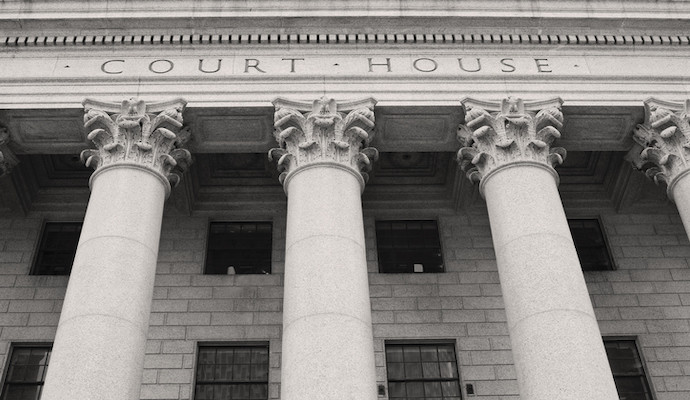Sanofi to Pay $11.85M to Resolve Medicare Fraud Allegations
The settlement will put to rest accusations that Sanofi paid kickbacks to patients in an alleged Medicare scheme fraud involving its charitable foundation, The Assistance Fund.

Source: Thinkstock
- The US Justice Department announced that pharmaceutical company Sanofi SA agreed to pay $11.85 million to resolve Medicare fraud accusations involving a recent charity kickback probe.
Sanofi sells Lemtrada, a multiple sclerosis drug that costs nearly $100,000 per patient per year, which presents significant access challenges for Medicare patients, according to the announcement.
Sanofi allegedly helped cover Medicare patients’ out-of-pocket drug costs through an independent charitable foundation, The Assistance Fund (TAF). TAF manages a variety of funds including funds for MS patients that pay co-pays for Lemtrada. The non-profit organization allegedly raised its maximum per-patient grant allocation to $20,000 to accommodate Lemtrada patients.
However, the Justice Department stated in its announcement that TAF’s MS fund frequently ran out of funding and was closed to new patients during the period. Additionally, if any patients applied for co-pay assistance when no funding was available and closed to new patients, TAF did not create a wait list, the announcement stated. “According to the allegations in today’s settlement agreement, Sanofi used a supposed charity as a conduit to funnel money to patients taking Sanovi’s very expensive drug, all at the expense of the Medicare program,” US Attorney Andrew Lelling in Boston said in a statement.
When a Medicare beneficiary obtains a prescription drug covered by Medicare Part B, the beneficiary may be required to pay some sort of co-payment, co-insurance, or deductible. These payments may be substantial for expensive medications.
The Anti-Kickback Statute prohibits pharmaceutical companies from offering or paying any amount, including money or other items of value, to induce Medicare patients to purchase the companies’ drugs.
Sanofi worked with TAF to identify Medicare patients who were prescribed Lemtrada but who had not received infusions because they lacked sufficient funds. Sanofi then made numerous payments to TAF during 2015 and 2016.
But during this time, TAF’s MS fund ran out of funding. So Sanofi directed its hub to refer Lemtrada patients to the TAF MS fund.
“In conjunction with its payments to TAF, and knowing that TAF’s MS fund did not maintain waitlists and would fund the first patients who applied for assistance after the fund received new funding, Sanofi instructed its hub to quickly refer as many Lemtrada patients as possible to the TAF MS fund,” the announcement stated.
When TAF’s MS fund opened with funding from Sanofi, Lemtrada patients received a large share of the Medicare co-pay grants TAF issued and patients taking other MS drugs received a very small share.
“They rigged the system so those taking its drug Lemtrada gained an unfair advantage over patients using other medication, and with today’s settlement, they are finally being held accountable for their actions,” said Joseph R. Bonavolonta, special agent in charge of the FBI Boston division.
Additionally, Sanofi entered into a corporate integrity agreement (CIA) with the Department of Health and Human Services Office of Inspector General (HHS-OIG). The CIA requires that Sanofi implement measures to ensure that arrangements and interactions with third-party programs follow the law, the announcement stressed.
“The office will continue to pursue drug companies for violations of the anti-kickback laws. We comment Sanofi for swiftly resolving the government’s allegations,” Lelling concluded.
